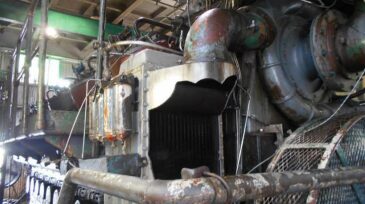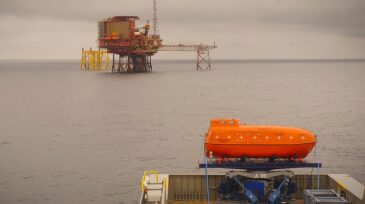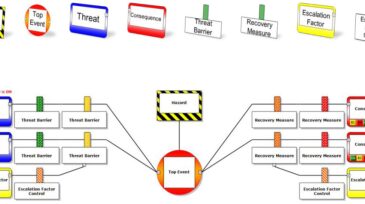Safety
This study ascertains the capital expenditure and operating expenditure associated with the reuse of existing facilities, specifically regarding a carbon capture and storage project being prepared in South Korea.
Sponsored
Advance your career with the new Pipeline Engineering Program at the Technical University of Leoben, a 5-month course combining on-campus and online learning, integrating industry expertise, engineering practice, and future-ready skills for professionals in oil, gas, and emerging energy systems.
A resilience-based approach to safety was the focus of a panel of experts at the 2025 SPE Annual Technical Conference and Exhibition in Houston.
-
Two Gulf of Mexico incidents occurred that were related to compressors not being purged properly prior to startup. BSEE issued a Safety Alert outlining the circumstances and made recommendations for prevention.
-
A corrosive gas that is fatal to humans in high concentrations should not be a toxic substance under Canadian environmental law, say federal researchers in a new proposal.
-
One of the great challenges we face in leading a safety culture is how to communicate safety such that it has a lasting impact on employees.
-
International Maritime Organization regulations state that lifeboat release and retrieval systems must be evaluated and replaced no later than 1 July 2019.
-
The Trump administration is considering easing offshore oil and gas safety regulations, including eliminating certain requirements for Arctic drilling , and cutting testing requirements for rules developed in response to BP's Deepwater Horizon disaster, an Interior Department document showed.
-
This paper describes an approach to standardizing proactive incident investigation to failed or impaired barriers and risk management.
-
One of the keys to growing a safety culture is to build levels of employee engagement. The reason for that is that the more engaged front-line employees are, the more ownership they assume for their work domain.
-
Between 2009 and 2016, SPE facilitated a series of global sessions to develop ideas for the future advancement of health, safety, and the environment in the industry. The result is the technical report “Getting to Zero and Beyond: The Path Forward.”
-
Safety has always been a top concern for oil and gas suppliers. Because pipelines must operate 24 hours a day and 365 days a year, safety, high availability, and reliability are key requirements for smooth operations and, ultimately, profitability.
-
A recent report by a group of scientists at the University of St. Gallen in Switzerland found that children born within 10 km of an oil spill were twice as likely to die in their first month.











